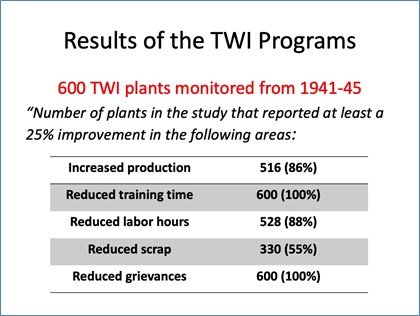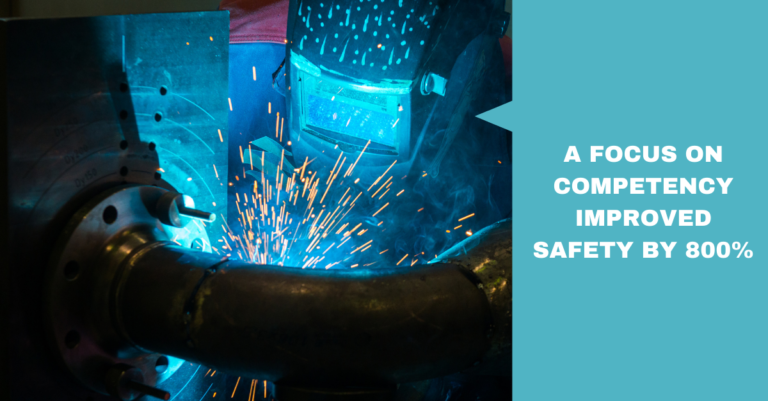Did Knowledge Work Just Have Its “Pond Half Full” Moment?
What do you mean by “Pond Half Full?”
For those who haven’t been paying attention, ChatGPT, OpenAI’s generative language chatbot was released for free public use in November of last year. (if you haven’t had a chance to experiment with it yet, you should: https://openai.com/blog/chatgpt/ ). The system has been developed and ‘trained’ to hold natural conversations. Ask it a question, and it will come up with a well-written – and often eerily correct – answer. Last week, ChatGPT passed a Wharton MBA exam and a lot of professionals (and probably “knowledge workers” in general), suddenly got very, very worried.

What does this have to do with lily pads?
There’s a story I remember hearing at a climate conference some years ago about exponential growth that went something like this:
A village had a large pond, the surface of which was pretty much clear, except for a single lily pad. No body really noticed, because it was a pretty big pond, and it was only one lily pad, after all. But in this story, the growth of lily pads was exponential month over month – and would grow to cover the entire pond in 5 years – 60 months. So, in one month, there will be 2 lily pads on the pond, after 2 months there will be 4, etc… and this will continue until the surface is completely covered. Nobody really pays much attention, because for the longest time nothing really seems to be happening.
Until “suddenly”, at 59 months, the pond is half full of lilly pads. And a month later, the surface is choked.
Go to a party with a bunch of consultants (seriously, we DO have lives…)
and you’ll probably hear someone complaining about having to compete with “Dr Google” – because specialized knowledge
(which historically was our value) is now available to anyone who can type a query into a search engine. ChatGPT and similar tools have the potential to be “Dr. Google”, on steroids. Suddenly, we may not be the “smartest people in the room” anymore – if we ever were – and that notion should scare anyone whose main value comes from having “the answer”. But is “having the answer” really how a consultant – or any other professional – adds value?
Peter Block discusses this in Flawless Consulting (first edition published in 1999) where he examines the shortcomings of the “diagnosis and prescription” (expert with superior knowledge) approach to a consulting engagement:
“… for strictly technical problems, such as equipment that doesn’t work or software that crashes, this might seem reasonable. It is rare, however, that problems originally defined as technical are amenable to strictly technical solutions. Often we are dealing with human systems, and human systems are not amenable to technical solutions. Human systems are complex and require more than mechanical cause-and-effect solutions. Equipment and software most often break down because people run them, people maintain them, and people ask them to do things they were not designed to do. The resolution of the problem most often requires a change in thinking and action on the part of the client, and this is the challenge.”
Peter Block, Flawless Consulting – 1999
I’ve been consulting since the 90’s, and I’ve been a Certified Management Consultant since 2001. That’s a long time.
For perspective:
2000
Sony develops the first prototypes for the Blu-ray optical disc format (you remember DVD’s, right?).
2003
The world’s first digital camera with an organic light-emitting diode (OLED) display is released by Kodak.
2004
Facebook was launched.
2005
YouTube was launched.
2006
Twitter launched publicly.
2007
Apple releases the original iPhone. While not the first smartphone, it did popularize the touchscreen focused format.
2010
Concept of Venmo. Send money to people instantly by tapping a few buttons on your smartphone.
2012
Self-driving cars make use of significant advancements in artificial intelligence and GPS technology.
2013
Bolivian scientists restore brain function to stroke-affected rats by injecting them with stem cells. This breakthrough may lead to more effective treatments for human stroke sufferers.
2014
Google reports the development of a contact lens glucose monitor.
The first synthetic chromosome is created for integration into a yeast cell.
2015
SpaceX’s Reusable Rocket was launched. Falcon 9 rocket launched and delivered a payload into orbit, and then landed at Cape Canaveral.
Tesla’s Powerwall was launched to store excess energy and use it when needed.
2016
Google Assistant (an AI bot) was revealed.
2017
Researchers at Harvard develop a customizable “soft robot” that fits around a heart and helps it beat, potentially offering a new treatment option for patients with heart failure.
IBM announces “IBM Q”, an initiative to build commercially available universal quantum computing systems.
2019
IBM launches IBM Q System One, its first integrated quantum computing system for commercial use.
2022
ChatGPT was launched on November 2022 by Sam Altman who also developed OpenAI. Altman is responsible for the significant impact on the way we presently interact with computers.
The writing has been on the wall for awhile. Anyone who’s job revolves around “having the answer” may be in trouble.
In my work with Janet Lane at the Canada West Foundation, we’ve been harping on the theme that the skills that make a person valuable are the skills that make them human. Our value as knowledge workers isn’t technical – or soon won’t be – because the technical solution will probably be the easiest part. Value will come from taking what we know about the technical solution and then going beyond the technical and the processes to engage with the human side of a problem – the way people in an organization or in a society interact with the problem and each other – and then to create solutions that are uniquely tailored to the specific circumstances of the messy, organic world where those solutions will need to grow and flourish. There isn’t a simple one-size-fits-all approach to this – it requires a great deal of proficiency and ‘mental yoga’ and the critical component is dealing with the unpredictable nature of humans both as individuals and as collectives. That’s something that the machines can’t do (at least not yet), but it’s also something sadly missing from the toolbox of a lot of knowledge workers, and it’s rare to see any great emphasis placed on it in technical learning programs. That needs to change – knowing stuff isn’t enough.
As professionals and knowledge workers, we need to embrace the tools that allow us to get to the bottom of the technical problem faster and focus on using that information in the context of our human skills and interactions with those problematic “organics” that populate our businesses in order to deliver lasting change. That’s our real value, and to the extent that we can deliver on that, we don’t need to fear the ‘bots’. At least, not this week.
Read With Us
If you found this information useful, please subscribe to be notified for our next great post.

Competency and the Link to Engagement and Performance: If you’re not focused on competency… what ARE you focused on?
At WFSI, we’re laser-focused on competency as THE key to organizational performance. And while there are companies who say they have a competency focus, when you scratch a bit below the surface, you find that things aren’t necessarily what they may appear to be. One example we’ve seen repeatedly is in recruiting for “entry-level” positions….

Competency Testing in Recruiting: It’s Probably A LOT Easier Than You Think…
When we talk to companies about testing for competency during recruiting and selection, we often get pushback: “That’s too complicated!” “That’s too expensive!” “That takes too much time!” But does it really? We maintain that the biggest reason that companies don’t do really engage in competency testing is that they really don’t have a proper…

Graduate to Greatness
As a newly(ish) graduated student, I’ve learned that the job-hunting process can be a real rollercoaster ride. One moment you’re feeling confident and excited about a job opportunity, and the next you’re refreshing your email inbox every five seconds, anxiously waiting for a response. I know first-hand how challenging it can be to find a…








Interesting discussion – are there ideal tools and systems that can store and retrieve information faster than a lot of people. Hopefully yes. This is great, I can find lots of information ten times easier than ever when I need it. That saves me lot of time. However the application thereof in in context to deliver a value adding intervention is the human aspect that that is not yet duplicated. Lets use the technology – hiding from it will make us obsolete.
Thanks Dirk – as the technology matures the key for professional services is really going to be integrating the generative AI tools into our processes such that they augment our capabilities and allow us to focus on the client context. As consultants we can’t ignore how this changes our business – to paraphrase what another colleague (who works with AI regularly) said to me recently ‘in 5 years there will only be two types of businesses; the ones that have embraced AI technologies and the ones that are out of business’